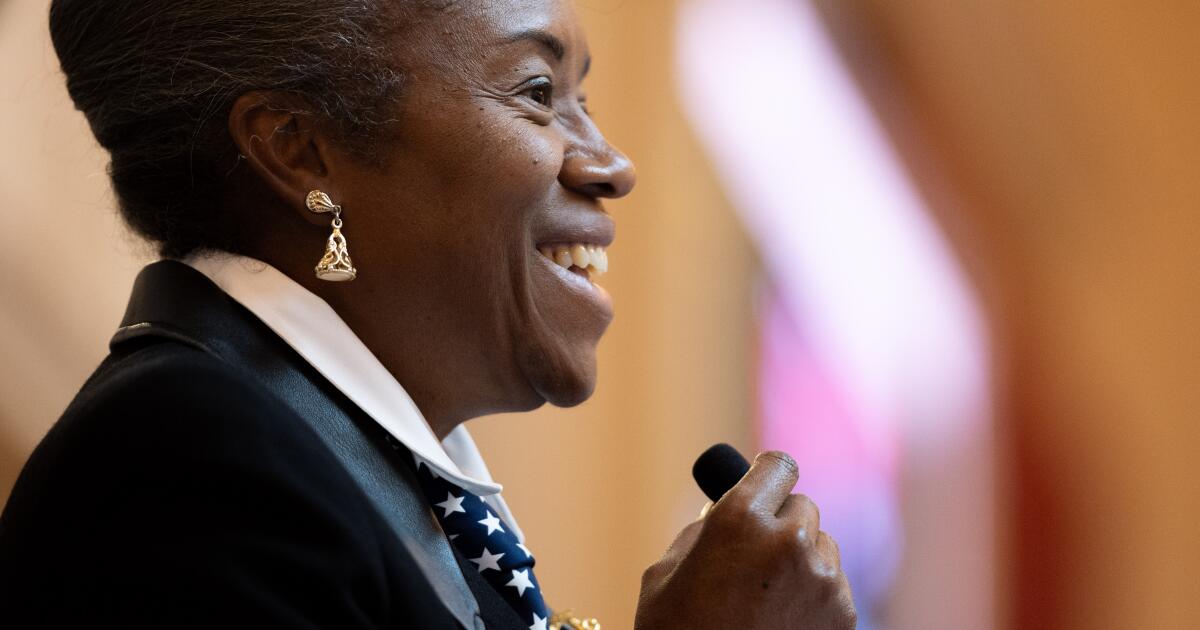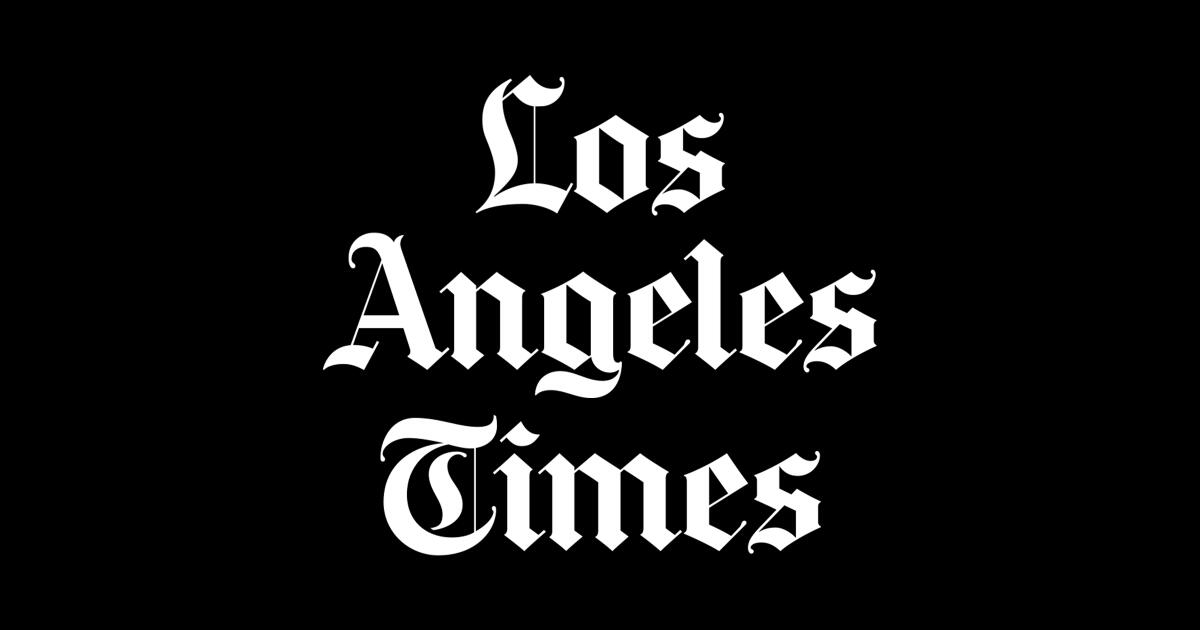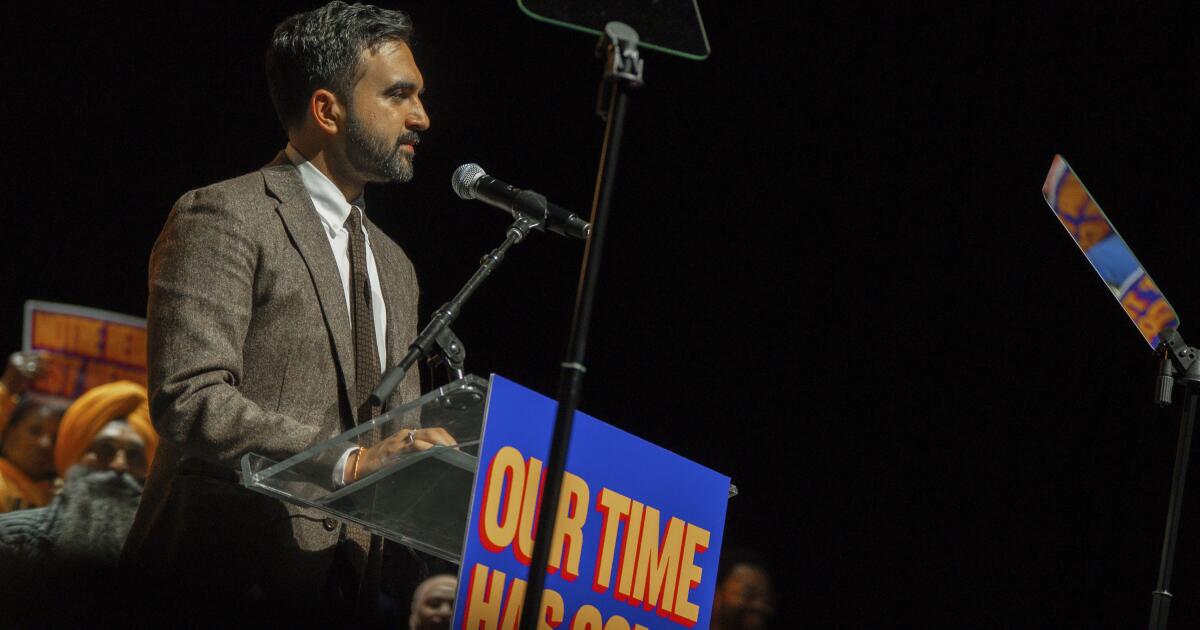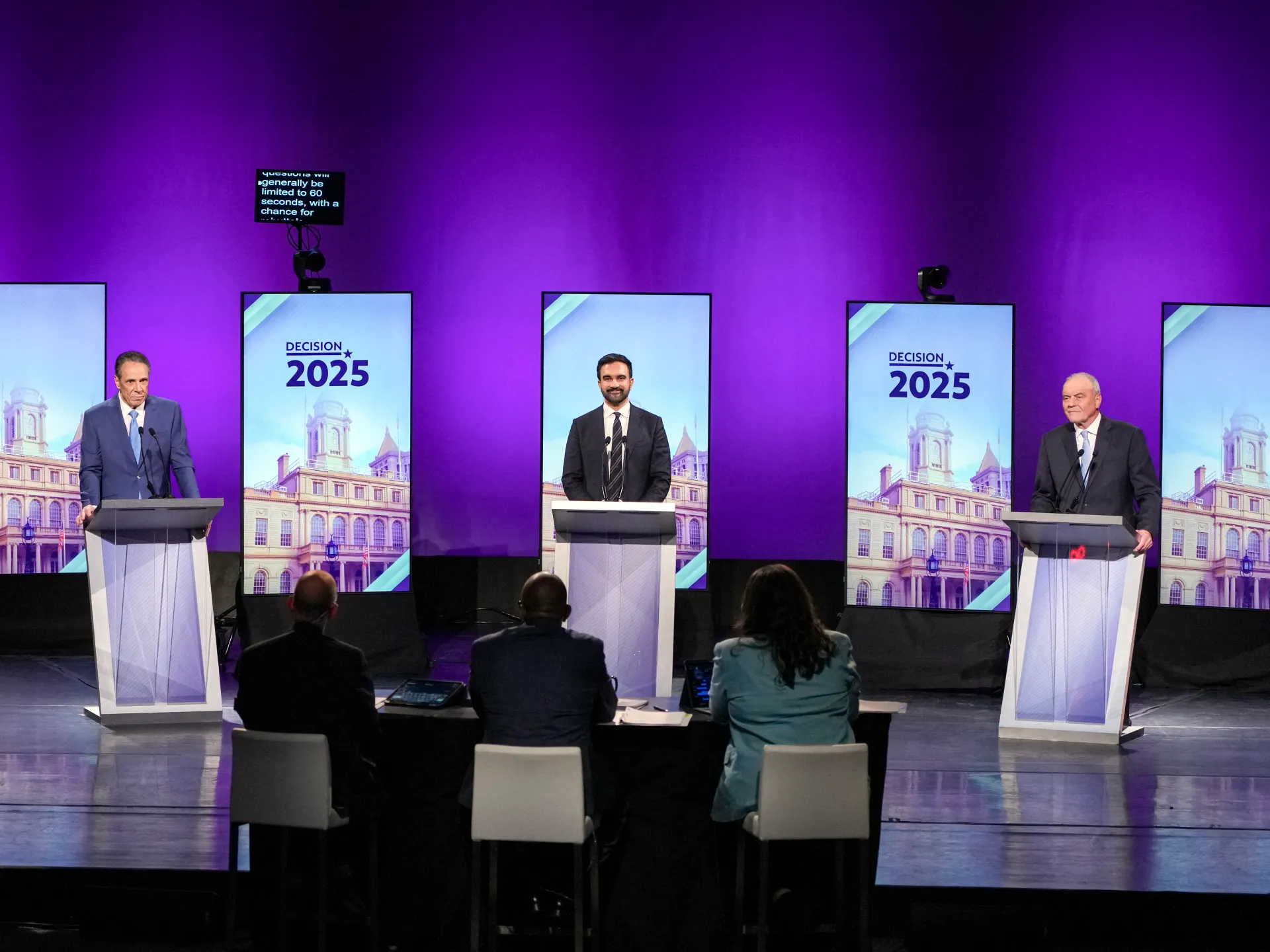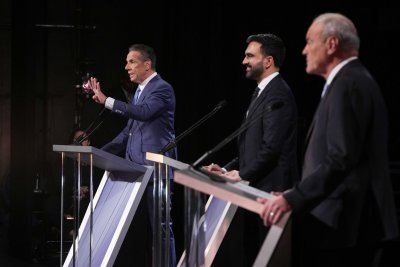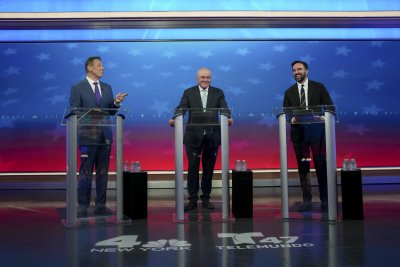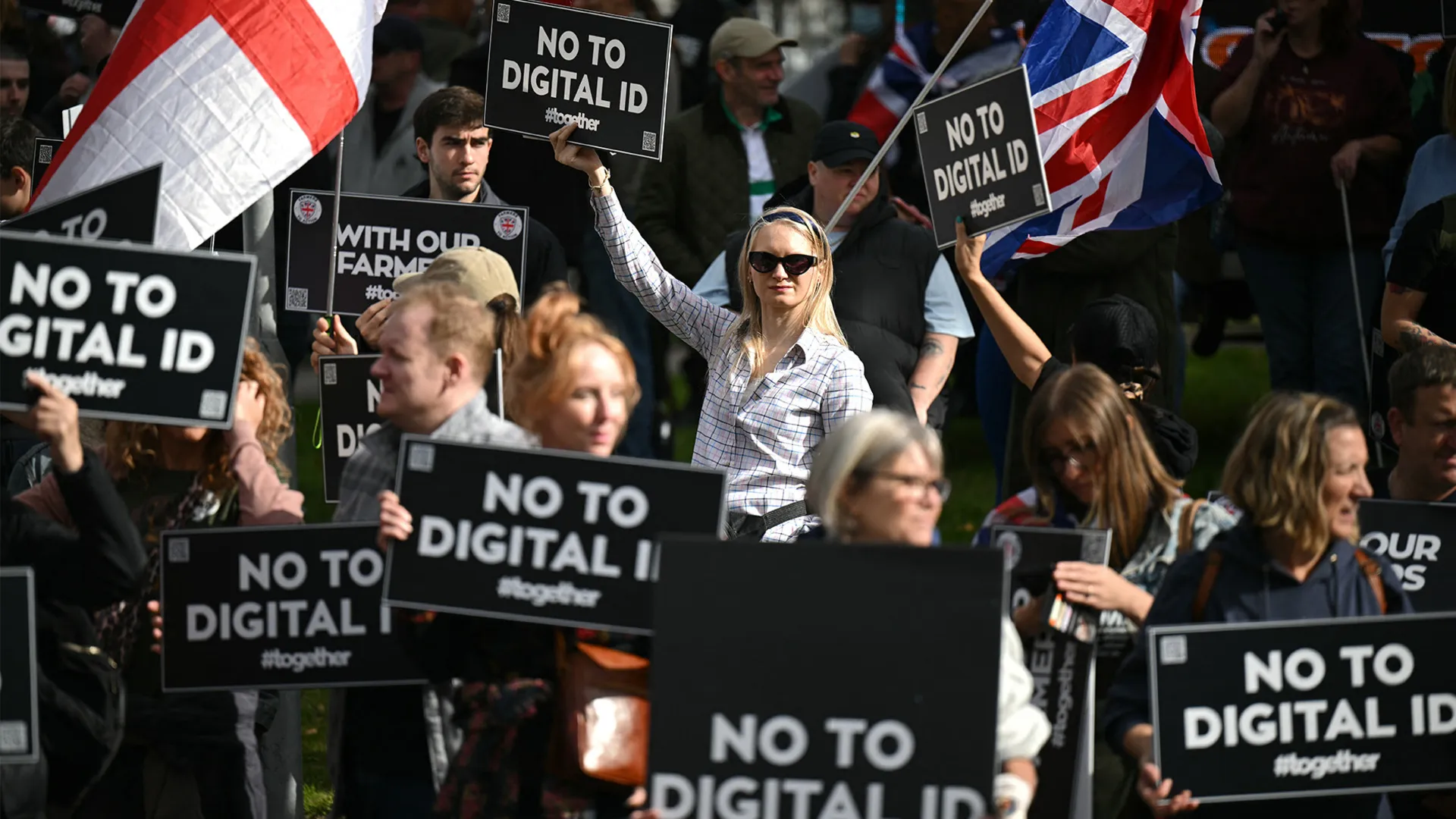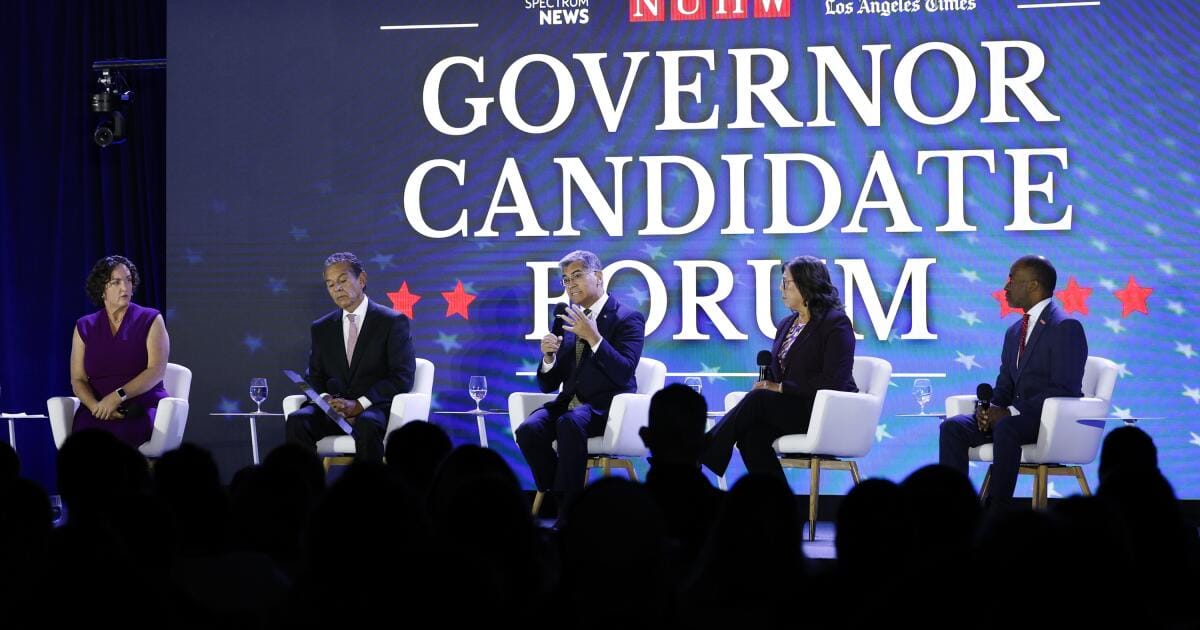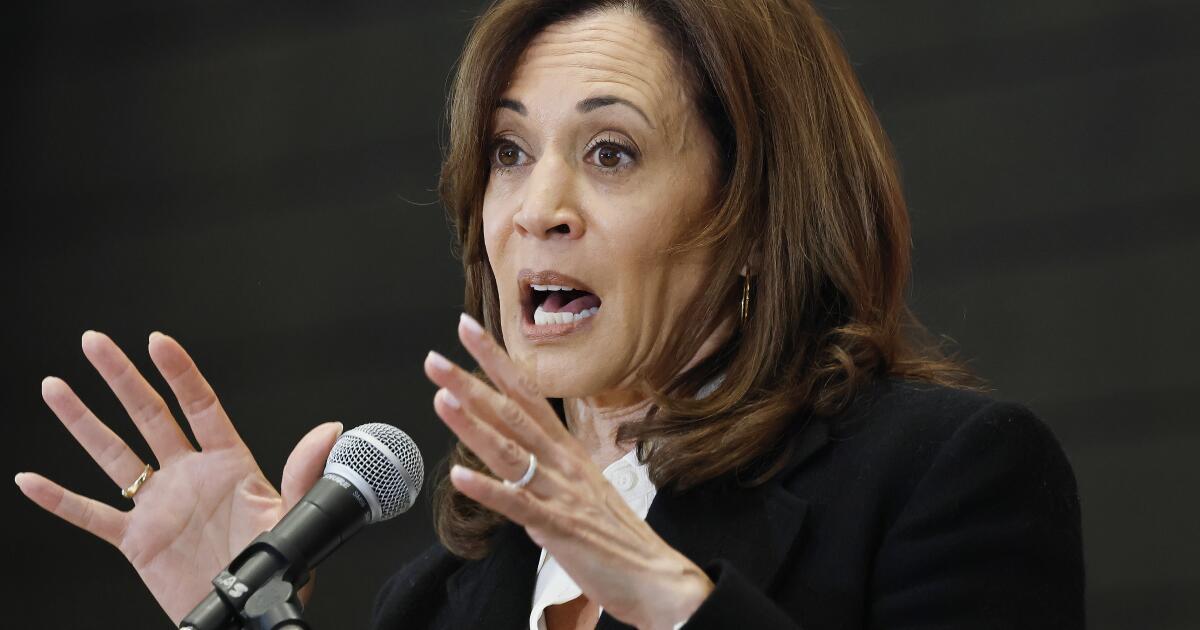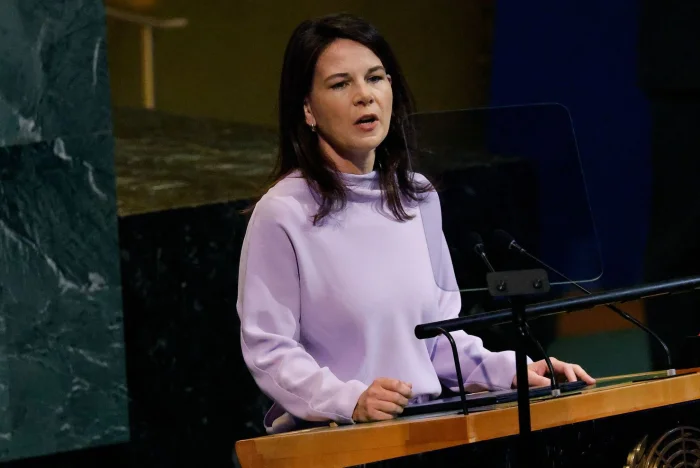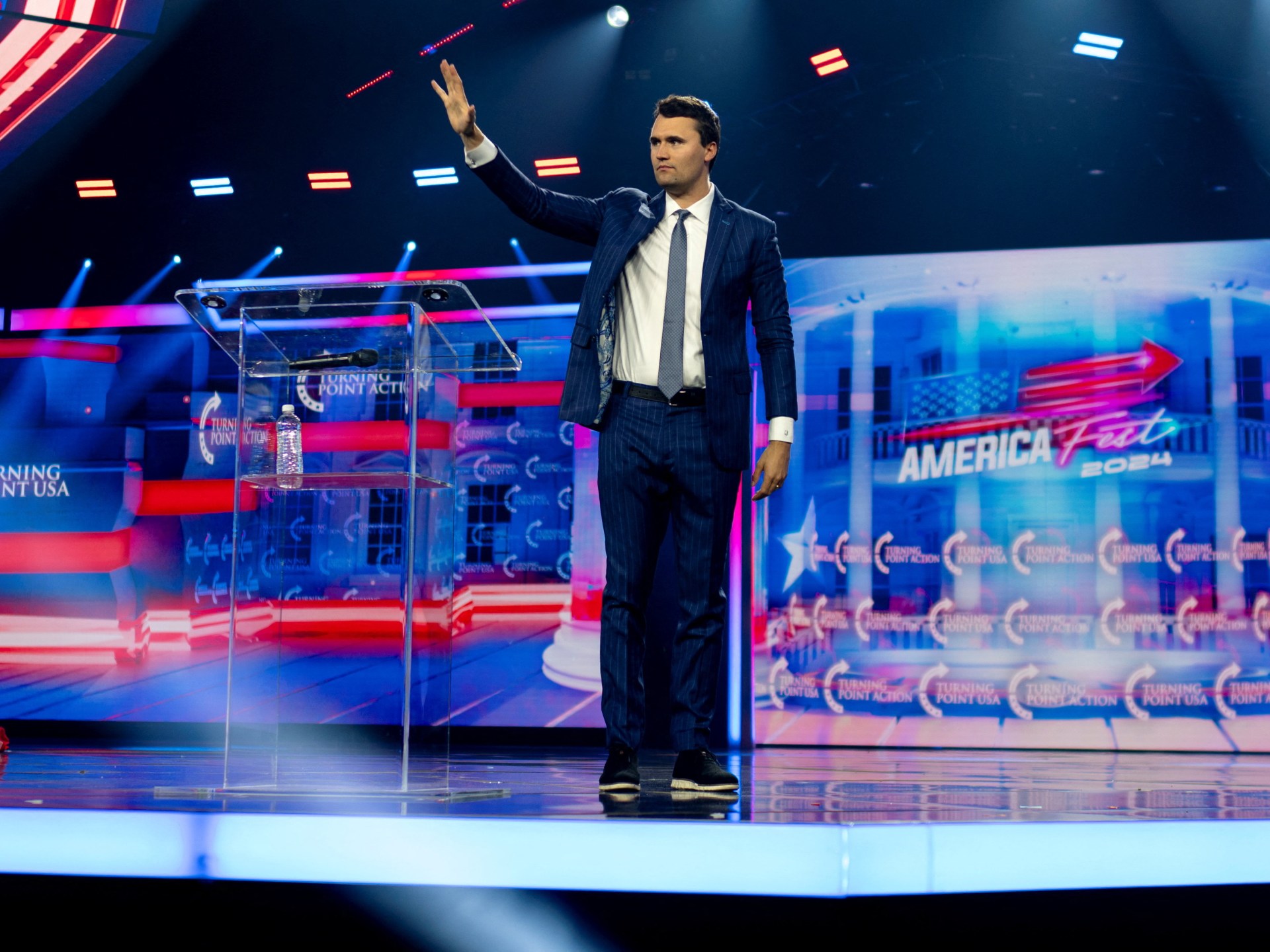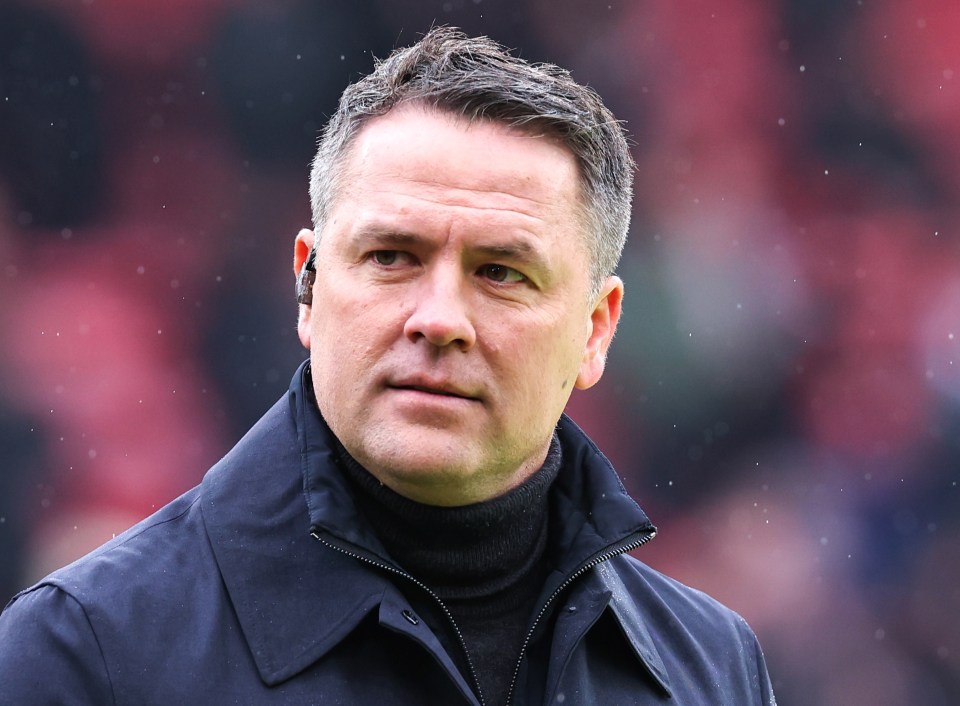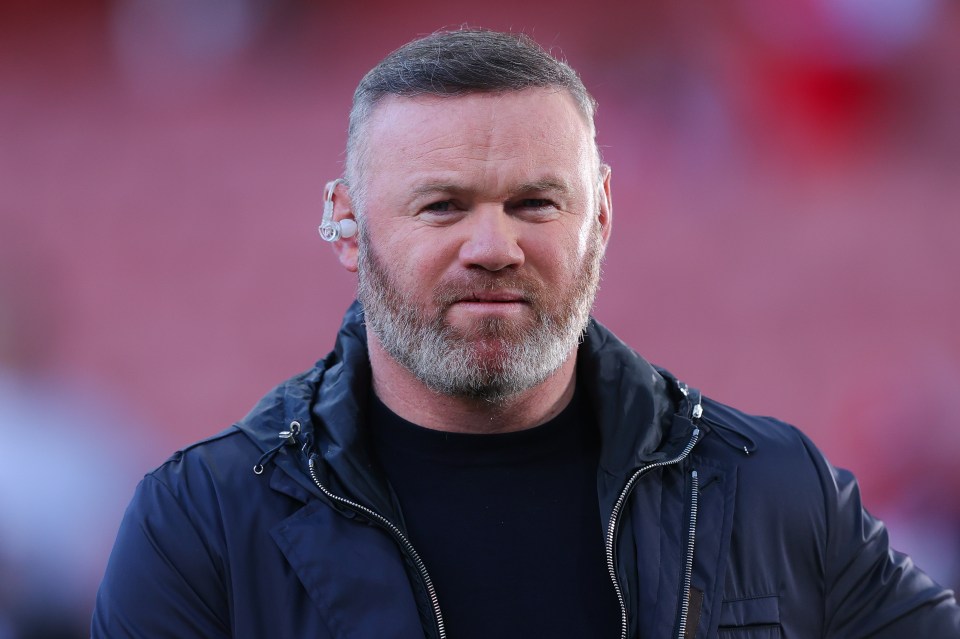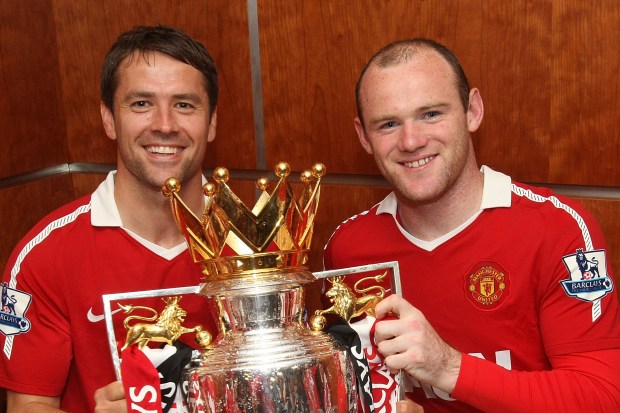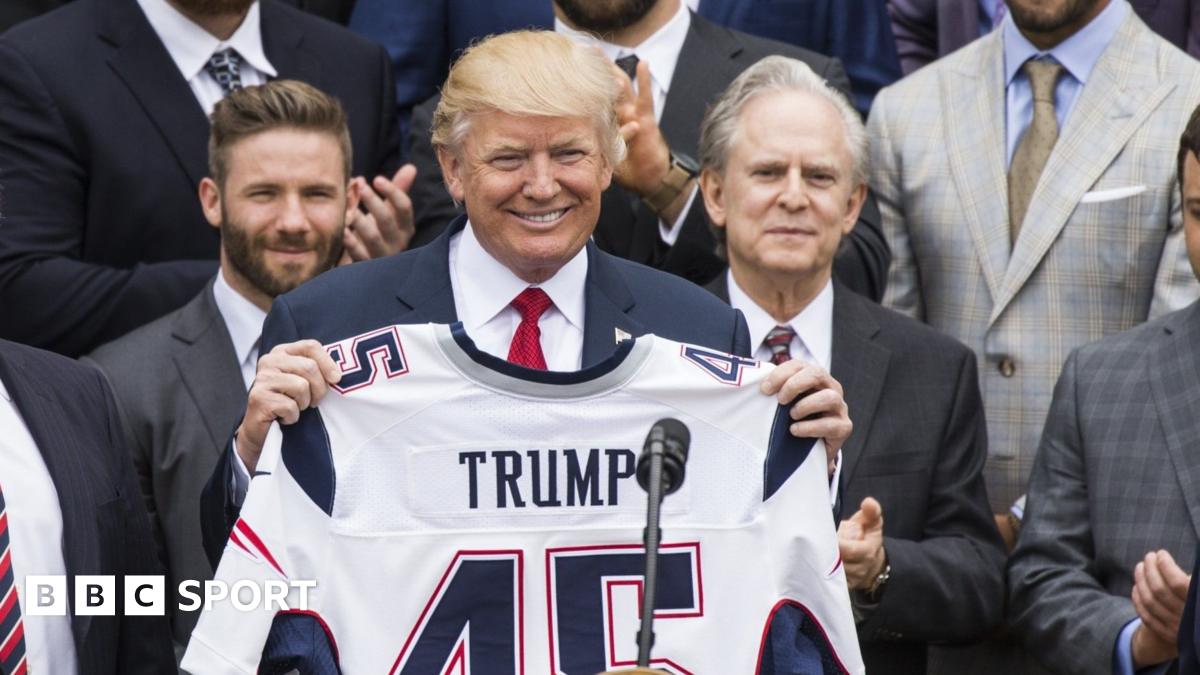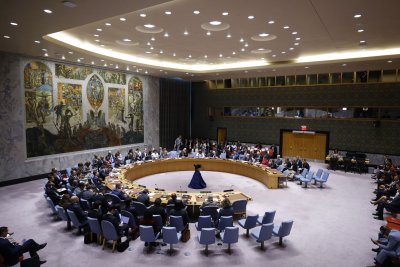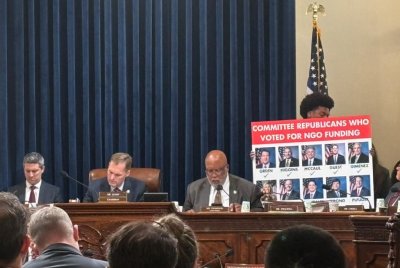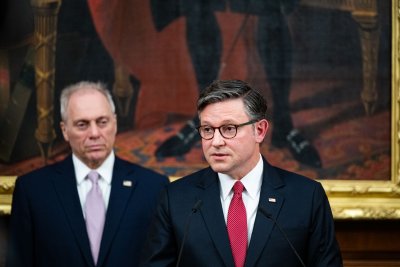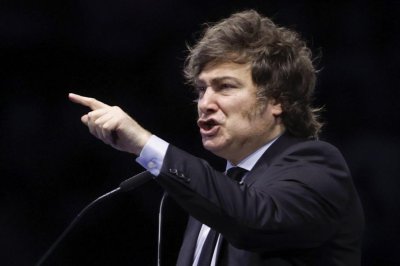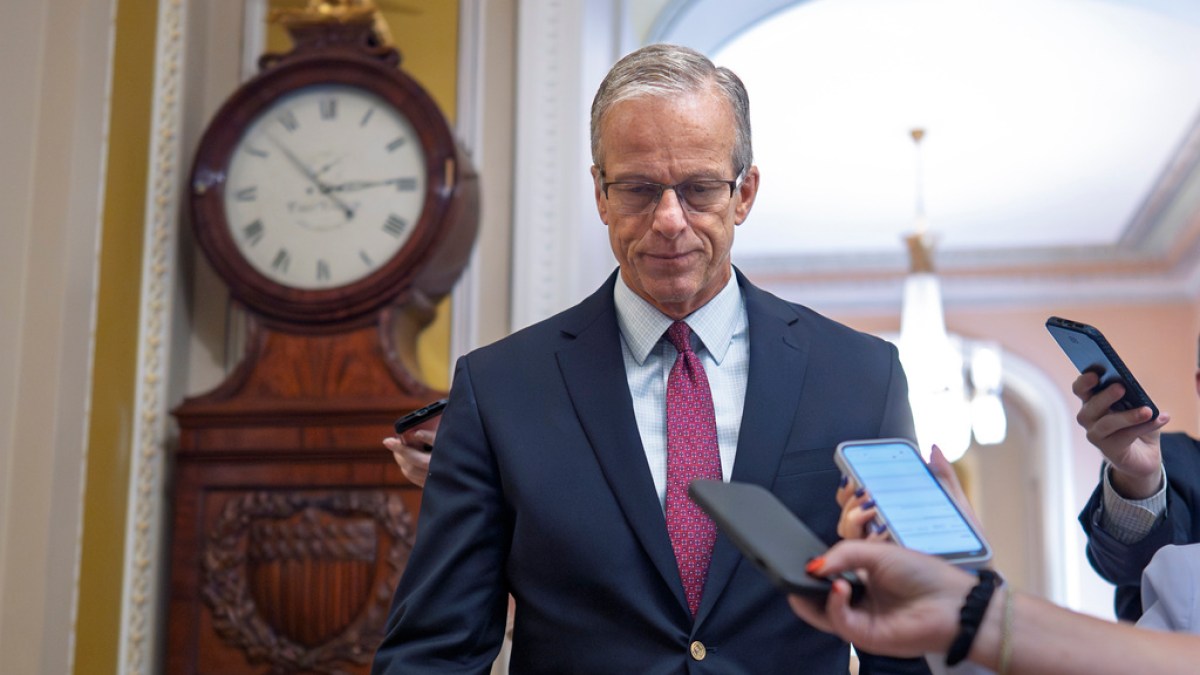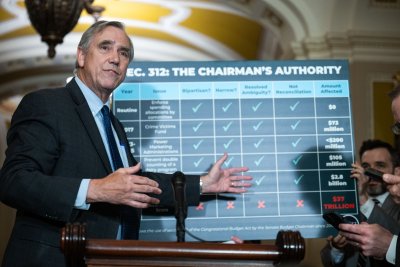Debate over energy costs fuels clear divide in New Jersey and Virginia governor’s races
FREDERICKSBURG, Va. — If there’s agreement on anything in the two states with governor’s races this year, it’s that utility bills are a growing concern among voters.
One Virginia voter, Kim Wilson, lamented at a town hall recently that her electricity bill seems to go up every month, no matter how much she tries to mitigate the costs. She was drawn to the event in part by its title: “The energy bills are too damn high.”
“It’s way too high,” Wilson readily agreed.
In New Jersey, Herb Michitsch of Kenilworth said his electric bill has climbed to nearly $400 a month, or more than four times what it was when he and his wife moved into their home half a century ago.
“Something really has to be done,” Michitsch said.
That something must be done is pretty much where the agreement ends. It’s what must be done that splits politicians back into rival camps.
Democratic candidates in the two states are far more likely to embrace clean energy options like wind and solar than their Republican opponents. The two states’ Republican nominees are more closely aligned with the policies of President Trump, who has called climate change a “con job” and promotes more traditional energy sources like gas and coal. New Jersey Republican nominee Jack Ciattarelli has acknowledged that human-caused climate change is occurring, but he says Democrats have driven up costs with their clean energy push.
Which side voters land on in the off-year elections will give both parties plenty to consider in what feels destined to be an emerging economic issue heading into next year’s midterm elections.
At a recent rally in New Jersey, Democratic state Sen. Vin Gopal made clear that he stood with Democratic nominee Mikie Sherrill in support of her plans to lower costs. But Gopal acknowledged that the outcome could signal whether voters are ready to embrace the president’s approach or have simply grown weary of national politics.
“The whole country is watching what happens,” he said.
Technology drives up costs
The debate comes as people in the two states grapple with double-digit percentage increases in monthly electricity bills. The exploding costs are driven by soaring demand, particularly from data centers, and by the rapid onset of energy-intensive artificial intelligence technology. Virginia’s largest energy utility also has linked potential future rate increases to inflation and other costs.
In Virginia’s open race to succeed a term-limited GOP incumbent, Democrat Abigail Spanberger and Republican Lt. Gov. Winsome Earle-Sears are at odds over the development of renewable energy sources.
Spanberger has laid out a plan to expand solar and wind production in underused locations, praising a wind project off the coast of Virginia Beach. In a debate against her opponent, she also said she would “ensure that data centers pay their fair share” as costs rise. The state is home to the world’s largest data center market,
Republican Winsome Earle-Sears wasn’t having it.
“That’s all she wants, is solar and wind,” Earle-Sears said of Spanberger at the debate. “Well, if you look outside, the sun isn’t shining and the breeze isn’t blowing, and then what, Abigail, what will you do?”
In New Jersey, where Ciattarelli’s endorsement by Trump included recent social media posts praising his energy affordability plans, the GOP nominee blames rising costs on eight years of Democratic control of state government.
Ciattarelli says he would pull New Jersey out of a regional greenhouse gas trading bloc, which Democratic incumbent Gov. Phil Murphy reentered when he first took office in 2018.
“It’s been a failure,” Ciattarelli said at the final debate of the campaign. “Electricity is at an all-time high.”
He’s also come out as a strident opponent of wind energy off the state’s coast, an effort Democrats spearheaded under Murphy. A major offshore wind project ground to a halt when the Danish company overseeing it scrapped projects, citing supply chain problems and high interest rates.
At the center of Sherrill’s campaign promise on the issue is an executive order to freeze rates and build cheaper and cleaner power generation.
“I know my opponent laughs at it,” Sherrill said recently.
A growing concern among voters
The candidates’ focus on affordability and utility rates reflects an unease among voters. A recent Associated Press-NORC Center for Public Affairs Research poll found electricity bills are a “major” source of stress for 36% of U.S. adults, at a time when data center development for AI could further strain the power grid.
Perhaps that’s why the statewide races have become something of an energy proxy battle in Virginia. Clean Virginia, a clean energy advocacy group that targets utility corruption, has backed all three Democratic candidates for statewide office in Virginia — a first for the organization. GOP statewide candidates, meanwhile, have accepted money from Dominion Energy, the largest electric utility in Virginia.
To further complicate an already complex issue: Virginia has passed the Virginia Clean Economy Act, which calls for utilities to sunset carbon energy production methods by 2045.
Republican House Minority Leader Terry Kilgore, who represents the southwest edge of Virginia, had failed to alter part of the state’s Clean Economy Act earlier this year. Kilgore, whose top donor is Dominion Energy, said in February: “If their bills go any higher, there are folks in my region that are not able to pay them now, they’re definitely not going to be able to pay them in the future.”
Evan Vaughn, executive director of MAREC Action, a group of Mid-Atlantic renewable energy developers, said candidates from both parties are in a tough spot because bringing down prices quickly will be difficult given broader market dynamics.
“Voters should look to which candidate they think can do the best to stabilize prices by bringing more generation online,” he said. “That’s really going to be the key to affordability.”
Michitsch, who’s backing Sherrill in the governor’s race and said he would campaign for her, said her proposal shows she’s willing to do something to address spiraling costs.
“We need to change,” he said. “And I think she is here to change things.”
Diaz and Catalini write for the Associated Press.
